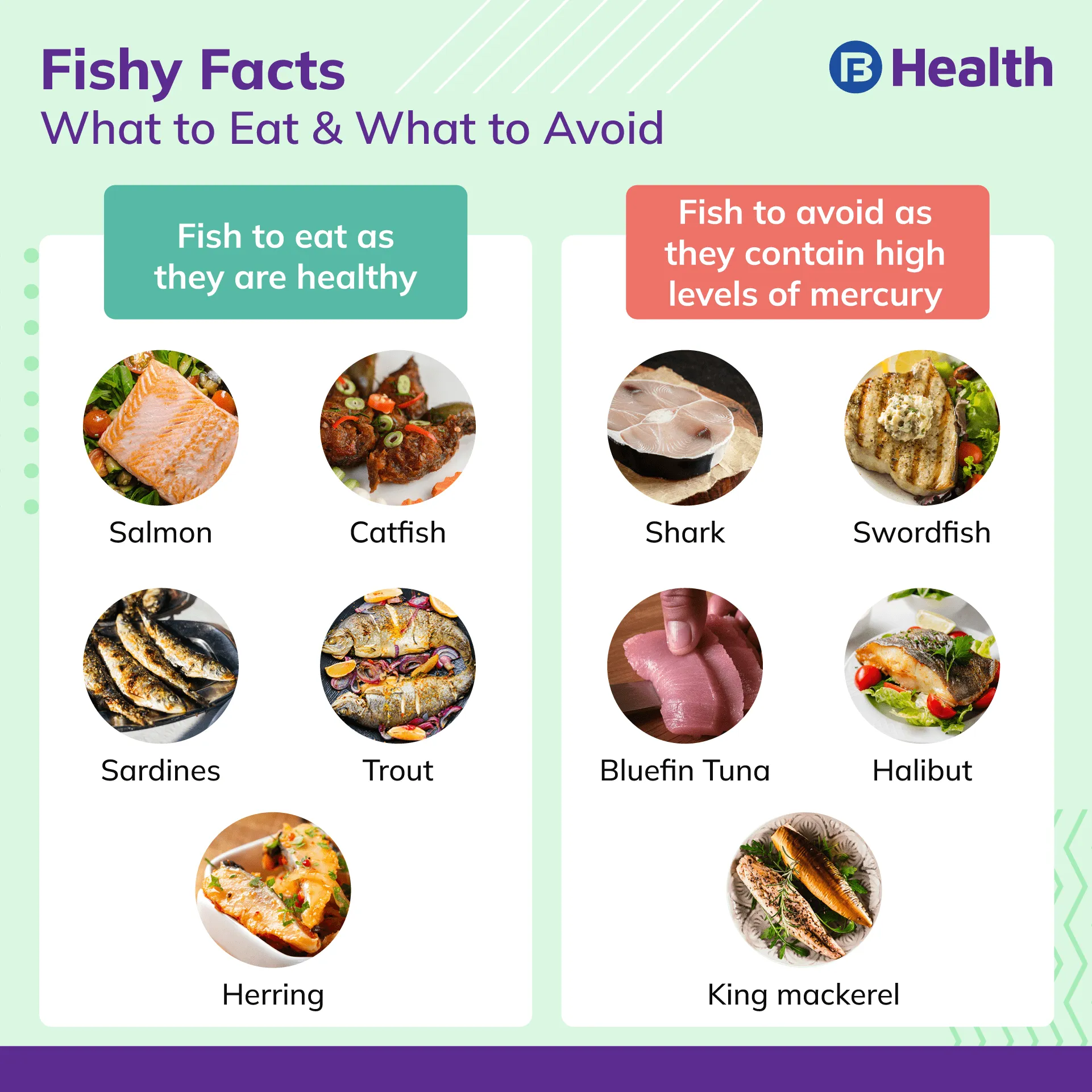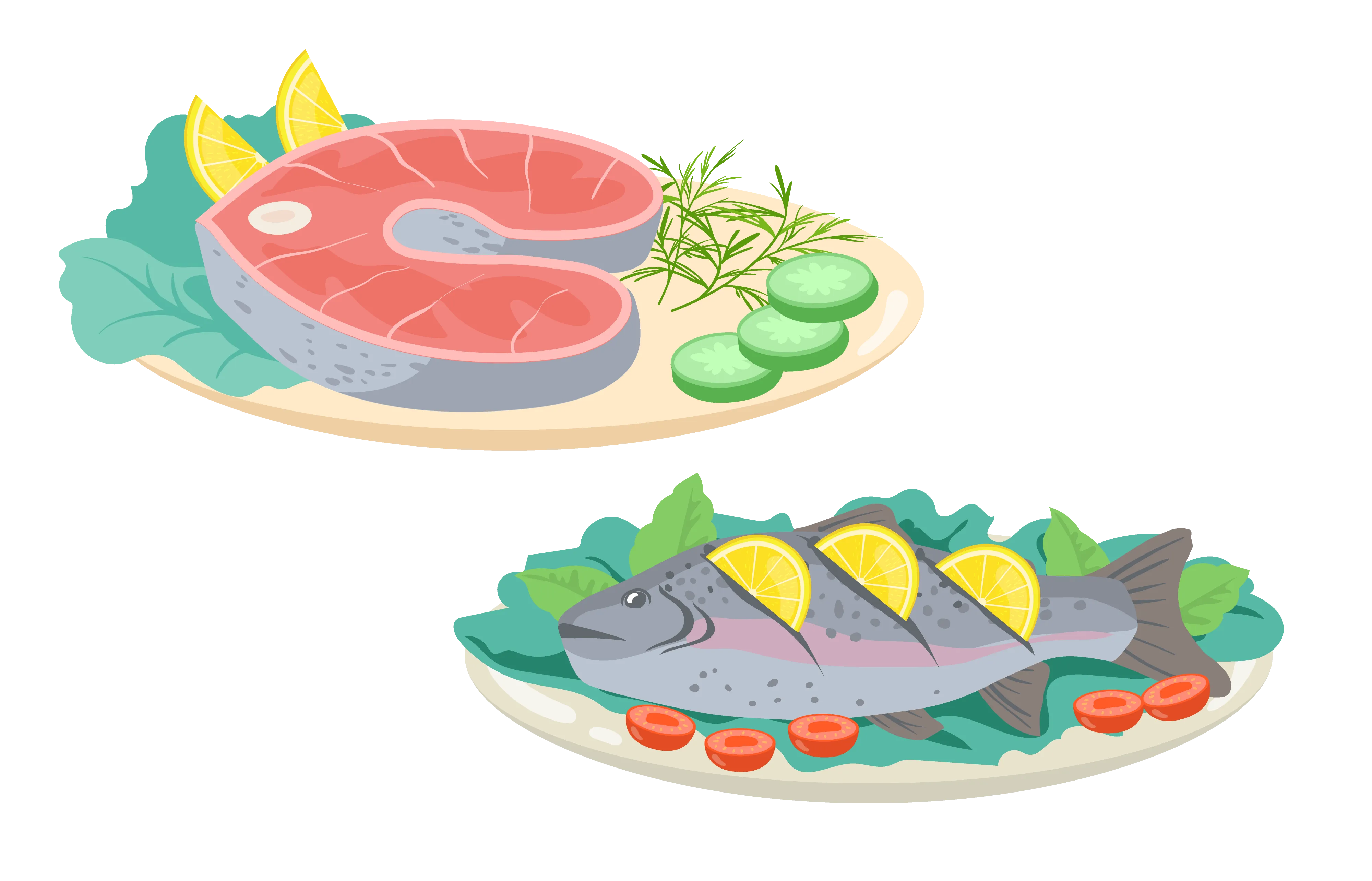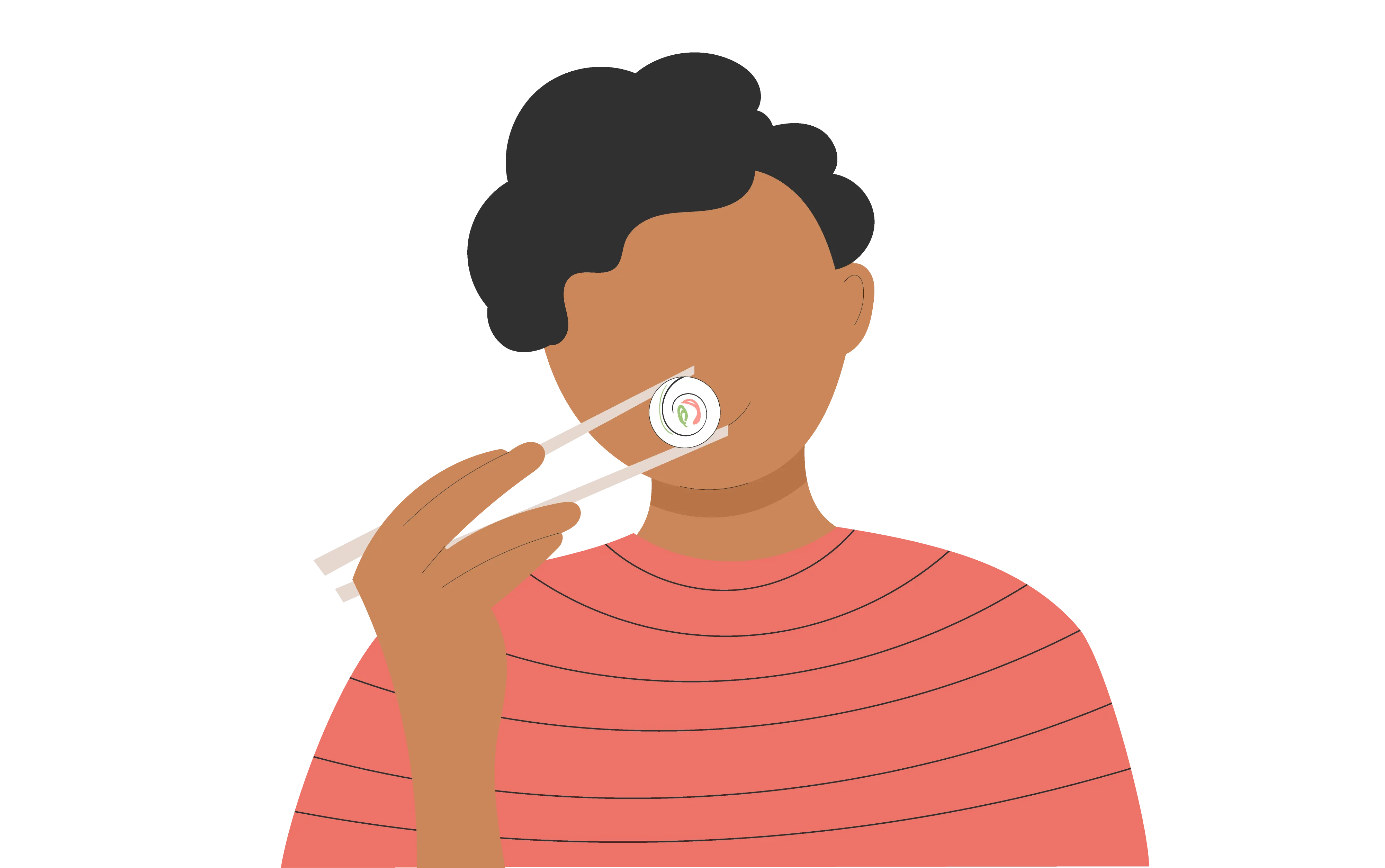Nutrition | 5 min read
Pescatarian Diet: Food List, Benefits, and Side Effects
Medically reviewed by
Table of Content
Key Takeaways
- A pescatarian diet combines a vegetarian diet and a seafood diet
- Pescatarians eat vegetables, fruits, fish, eggs, dairy, and shellfish
- Pescatarian meals may help lower your diabetes and inflammation
What Is a Pescatarian?
A pescatarian is someone who combines a vegetarian diet with a seafood diet but doesn’t eat meat. Pescatarians share some common food habits with vegetarians. They consume vegetables, fruits, nuts, eggs, dairy, and grains. However, the major difference is that pescatarian meals contain fish and other seafood.
There are different reasons why you may choose to be a pescatarian. Some may add fish to a vegetarian diet so that they benefit from a plant-based diet and have healthy fish too. Others may go for it as a matter of taste or for environmental reasons. Some people follow a pescatarian vegan diet too.
Today, people across the world are adopting a pescatarian diet by adding fish and shellfish to a vegetarian diet. Seafood is a source of protein for pescatarians. Read on to learn more about what pescatarians eat and see a pescatarian food list that’s great for health.
Additional Read: 6 Delicious Non-Dairy MilksPescatarian Meal Plan
Here are some foods that a pescatarian eats.
- Fruit
- Vegetables
- Eggs
- Dairy, including yogurt, milk, and cheese
- Fresh fish, such as salmon, pollock, catfish, and sardines
- Fresh shellfish, such as shrimp, clams, and scallops
- Canned sardines, canned salmon, canned tuna
- Frozen salmon, trout, and herring, frozen shrimp
- Whole grains and grain products
- Legumes, including kidney beans, pinto beans, and peas
- Legume products, including tofu and hummus
- Seeds, such as flaxseeds, hemp seeds, and chia
- Nuts and nut butter, peanuts and seeds
- Cereals and whole grains, including oats, wheat, amaranth, corn, and rice
- Pseudo grains such as quinoa and buckwheat, which are gluten-free

Pescatarian One-day Meal Plan
Here are some recipes for meals that someone considering a pescatarian diet would want to look at:
Breakfast
Crostini with sardines[2]
Omega-3s are quite well-present in sardines. The crostini's pesto, which is made from spinach, contains a source of vitamins A and C. A person's capacity to absorb iron is increased by vitamin C.
The sardines in this recipe are canned, but you could use fresh sardines or anchovies instead. With the addition of iron-rich greens from the pesto, starting the day with protein enhances the feeling of fullness.
Lunch
Classic baked falafel[8]
Omega-3 fatty acids and plant protein are both found in tahini. Additionally, a wonderful source of fiber and plant protein is chickpeas. To make a satisfying lunch, combine this recipe with a nutritious Mediterranean salad.
Dinner
Salmon roasted together in a shallot-grapefruit sauce[9]
Salmon is high in omega-3 essential fatty acids.
Citrus fruits, such as grapefruit, pair well with strong-flavored fish. The inclusion of grapefruit in this dish increases the amount of vitamin C and fiber and contributes to the recommended daily intake of two servings of fruit.
On average, most pescatarians don't consume seafood frequently only a few times a week or once a day. Another choice for a one-day meal plan is:
Breakfast: a coconut milk-based oatmeal dish with fresh berries, chia seeds, and almond butter on top.
Lunch: A quinoa, sweet potato, kale, and chickpea grain bowl.
Dinner: Grilled salmon with lemony asparagus, baked potato, and a side salad[10]

Benefits of a Pescatarian Diet
1. Boosts Heart Health
Fish such as salmon, sardines, and mackerel are rich in omega-3 fatty acids. This is an unsaturated fat beneficial for your health. Fish is also a good source of protein. Studies found that two servings of fish a week may help your heart. A pescatarian diet helps:
- lower blood pressure
- lower the risk of abnormal heart rhythms
- reduce the risk of heart attacks
Pescatarian meals also include plant foods. A study reported that those who have a vegetarian diet have a reduced risk of coronary artery disease [3]. A vegetarian diet can also reverse atherosclerotic plaques when followed along with exercise and stress management.
2. Protect Against Cancer
To lower your chances of getting cancer, limit eating red meat or cut it out of your diet completely. Instead, adopting a pescatarian diet may help protect against cancers that affect the colon and rectum. Colorectal cancers are one of the leading causes of death from cancer. A study found that a pescatarian diet had a protective effect against colorectal cancers. Another study reported that a pescatarian lives longer than those who include red meat and poultry in their diet.

3. Lowers Diabetes and Inflammation
Omega-3s present in fatty fish may lower inflammation. Also, plant-based foods are rich in anti-inflammatory and antioxidant agents such as flavonoids. These natural compounds have anti-inflammatory and anti-diabetic properties. A vegetarian diet can lower the risk of type 2 diabetes and metabolic syndromes such as:
- high blood pressure
- insulin resistance
- obesity
A study reported that those who follow the pescatarian diet have the highest amount of flavonoid intake.
Side Effects of a Pescatarian Diet
Although there are not many side effects, some fish, especially larger ones contain mercury and other toxins. Some such fish include shark, swordfish, king mackerel, and tilefish. All these fish contain moderate to a high amount of mercury. Mercury is a heavy metal that affects your health, especially in children and babies. So, young children and pregnant women should avoid fish high in mercury. If you are a pescatarian, consume low mercury fish such as salmon, tuna, sardines, and lake trout.[9]
Additional Read: What are MacronutrientsIn addition to that, the presence of heavy metals and contaminants in marine fish is a global problem. Contamination is possible since marine fish, primarily from coastal fisheries, make up 92% of all fish consumed by people.
Whether you are a vegetarian, non-vegetarian, or a pescatarian, eating a well-balanced diet is necessary for good health. You should also follow a healthy lifestyle and keep track of your health. One way to do this is to book an online doctor appointment or lab test on Bajaj Finserv Health. This way, you can track health risks before they become worse and address any issues with ease. You can also talk to a dietician about the benefits of taking up a pescatarian diet on your journey towards better health.
References
- https://www.seafoodsource.com/news/foodservice-retail/pescetarianism-a-fast-growing-trend-to-watch
- https://www.marthastewart.com/851294/spinach-pesto-sardine-crostini
- https://www.ncbi.nlm.nih.gov/pmc/articles/PMC5579641/
- https://www.sciencedirect.com/topics/medicine-and-dentistry/atherosclerotic-plaque
- https://www.ncbi.nlm.nih.gov/pmc/articles/PMC4420687/
- https://www.ncbi.nlm.nih.gov/pmc/articles/PMC6061923/
- https://www.medicalnewstoday.com/articles/323907#foods-to-eat
- https://docs.google.com/document/d/1w1GAEXvW38OGtg2wPdoUZl-QCZJjDkS4/edit
- https://www.medicalnewstoday.com/articles/323907#disadvantages
- https://www.medicalnewstoday.com/articles/323907#meal-plan
Disclaimer
Please note that this article is solely meant for informational purposes and Bajaj Finserv Health Limited (“BFHL”) does not shoulder any responsibility of the views/advice/information expressed/given by the writer/reviewer/originator. This article should not be considered as a substitute for any medical advice, diagnosis or treatment. Always consult with your trusted physician/qualified healthcare professional to evaluate your medical condition. The above article has been reviewed by a qualified doctor and BFHL is not responsible for any damages for any information or services provided by any third party.
